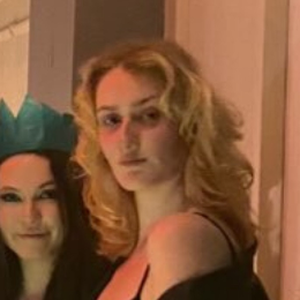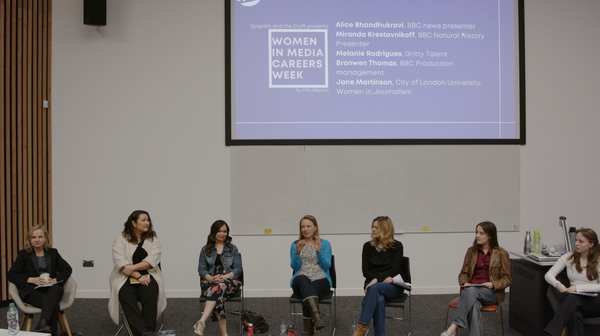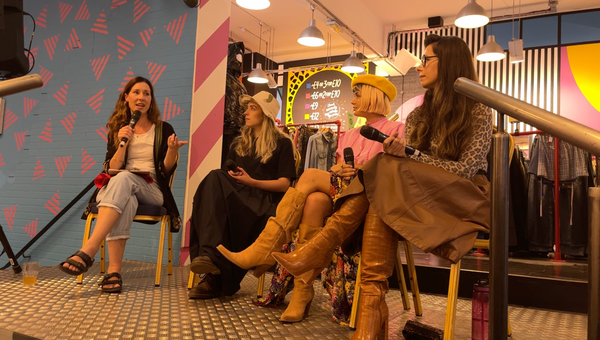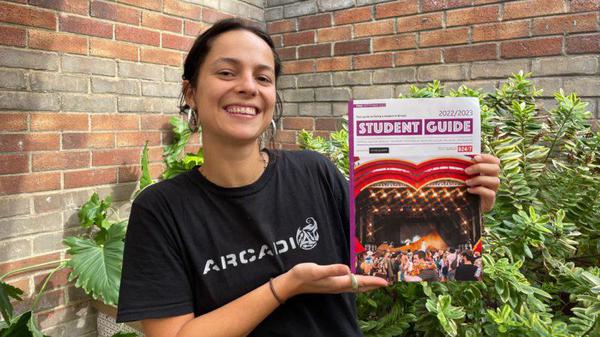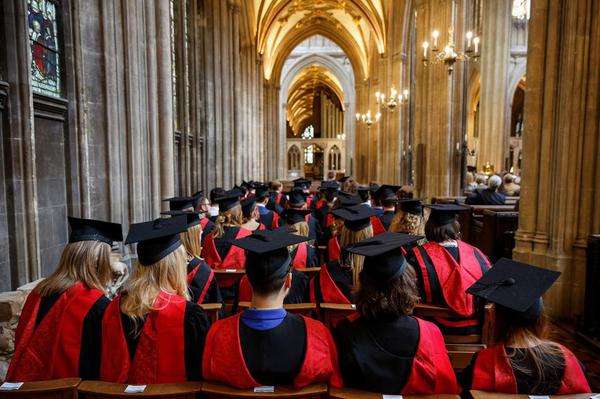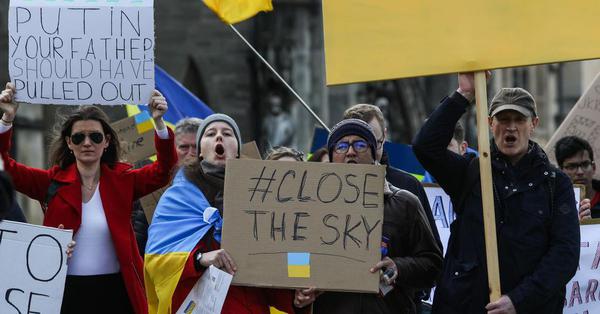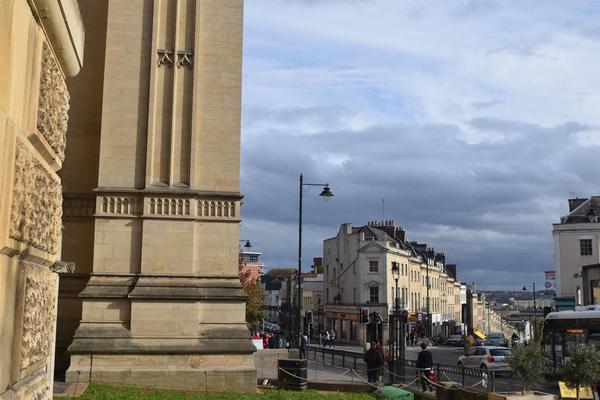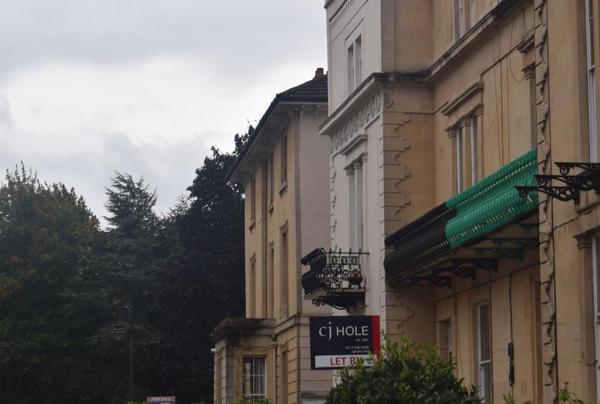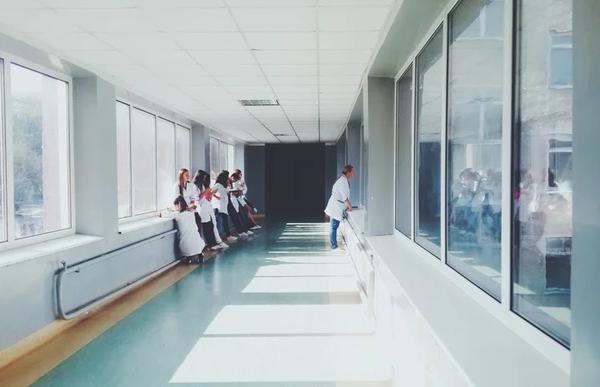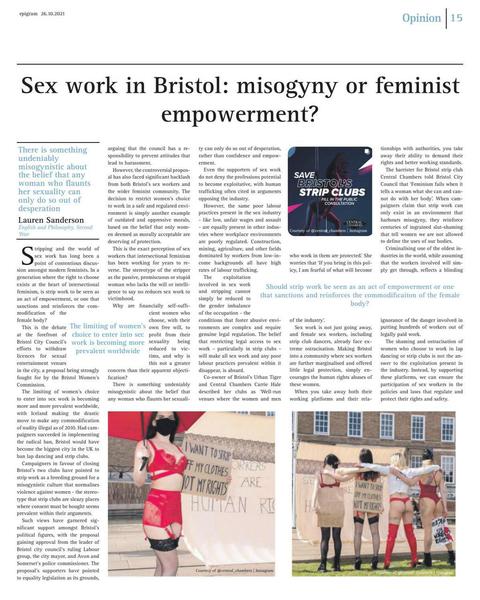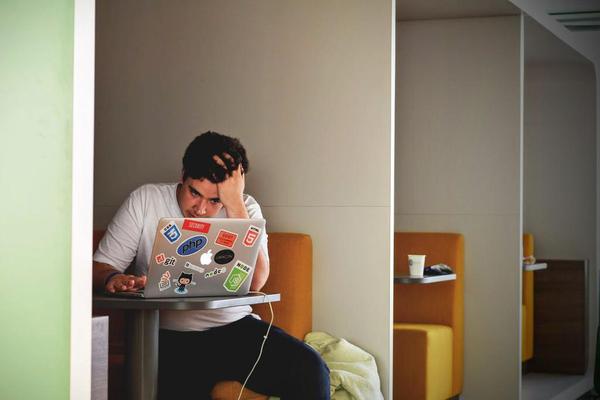
Opinion | Finalists have been treated like sacrificial cash cows
The 2023 'graduating' cohort feels, above all, dehumanised. Our career prospects, financial security and certainty of our futures have been disregarded in the name of profit. It is a disheartening, but enlightening, reality that we are being sacrificed on the altar of greed.
